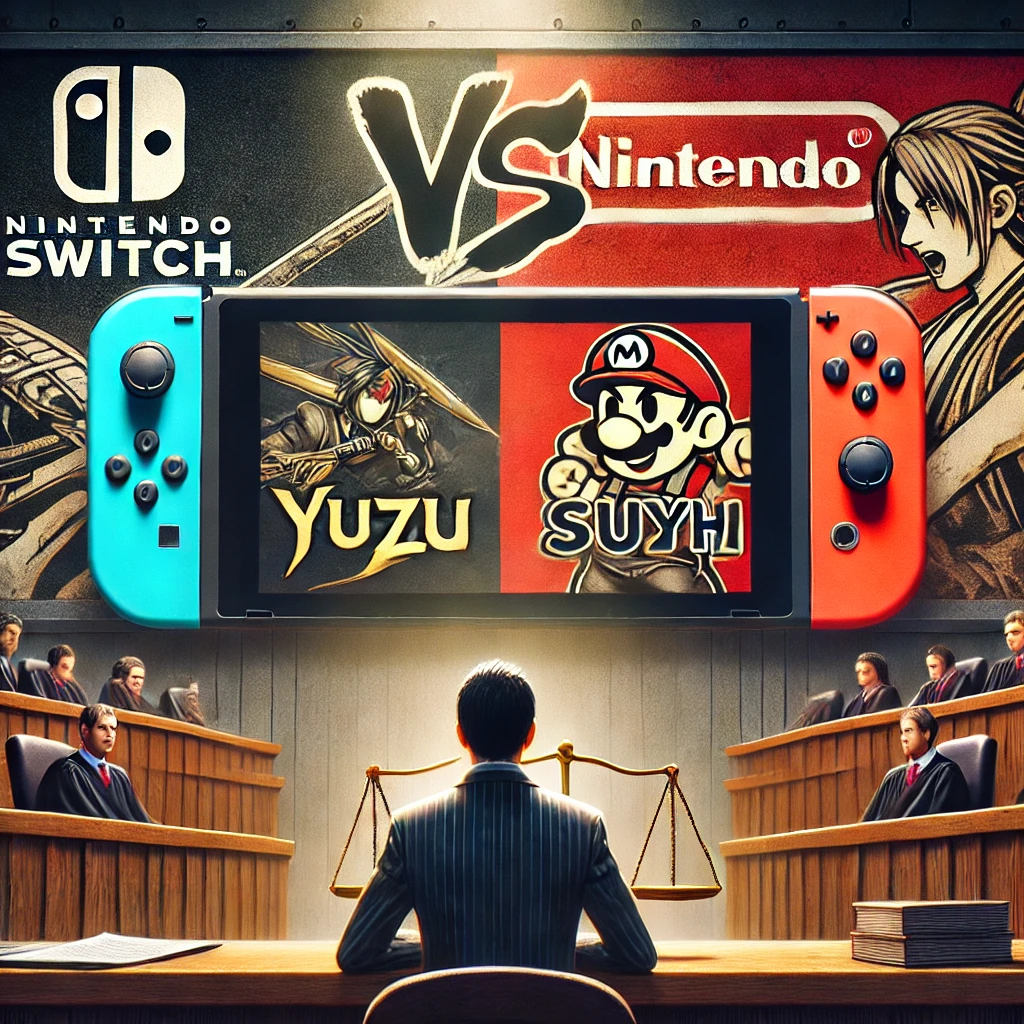In recent years, Nintendo has intensified its actions against unofficial Nintendo Switch emulators, drawing significant attention. This article delves into the cessation of development for the “yuzu” emulator this year, followed by the closure of the “suyu” and “sudachi” emulator Discord servers.
The End of “yuzu” Development and Legal Action
Firstly, “yuzu” gained popularity as an unofficial emulator that allowed Nintendo Switch games to run on PCs. However, in February of this year, Nintendo filed a lawsuit against Tropic Haze, the developer behind “yuzu.” The lawsuit highlighted the illegal circumvention of Nintendo’s technical protection measures and claimed that the distribution of the emulator promoted copyright infringement.
As a result, Tropic Haze ceased the development and distribution of “yuzu” and settled with Nintendo by paying $2.4 million (approximately 370 million yen). This settlement had a significant impact on the emulator development community.
The Closure of “suyu” and “sudachi”
In April, the Discord servers for “suyu” and “sudachi,” which were developed based on “yuzu,” were also shut down. Discord explained that the shutdowns were in response to DMCA (Digital Millennium Copyright Act) claims and were backed by court-issued injunctions. These injunctions, issued during the “yuzu” lawsuit, also applied to third parties associated with “yuzu.”
Jarrod Norwell, the developer of “sudachi,” received a notification of account suspension from Discord but denied any wrongdoing. Additionally, the “suyu” Discord server had rigorously removed legally questionable statements and code, yet still faced shutdown.
Nintendo’s Intentions and Future Outlook
Nintendo has previously taken measures against unofficial emulators, but the current actions notably target the Nintendo Switch, their current product. The lawsuit and settlement regarding “yuzu” have not only pressured the emulator development community but also the platforms hosting these communities.
This situation may lead to even stricter environments for emulator developers and related communities. Platforms will need to respond sensitively to Nintendo’s pressure to avoid legal risks.
Conclusion
Nintendo’s actions serve as a reminder of the legal boundaries surrounding emulator development. To develop and use emulators legally, it is crucial to respect copyrights and technical protection measures. While Nintendo’s stringent response poses significant challenges for emulator developers and related communities, it also represents an important step in protecting intellectual property rights.
